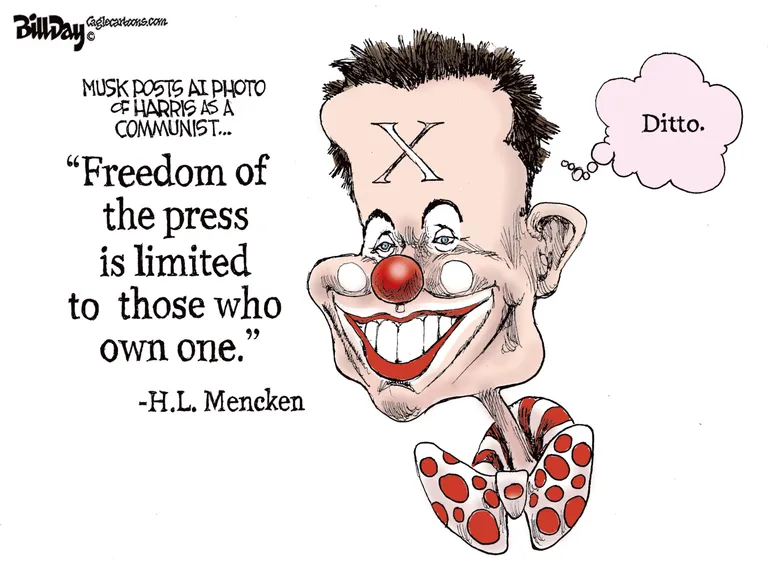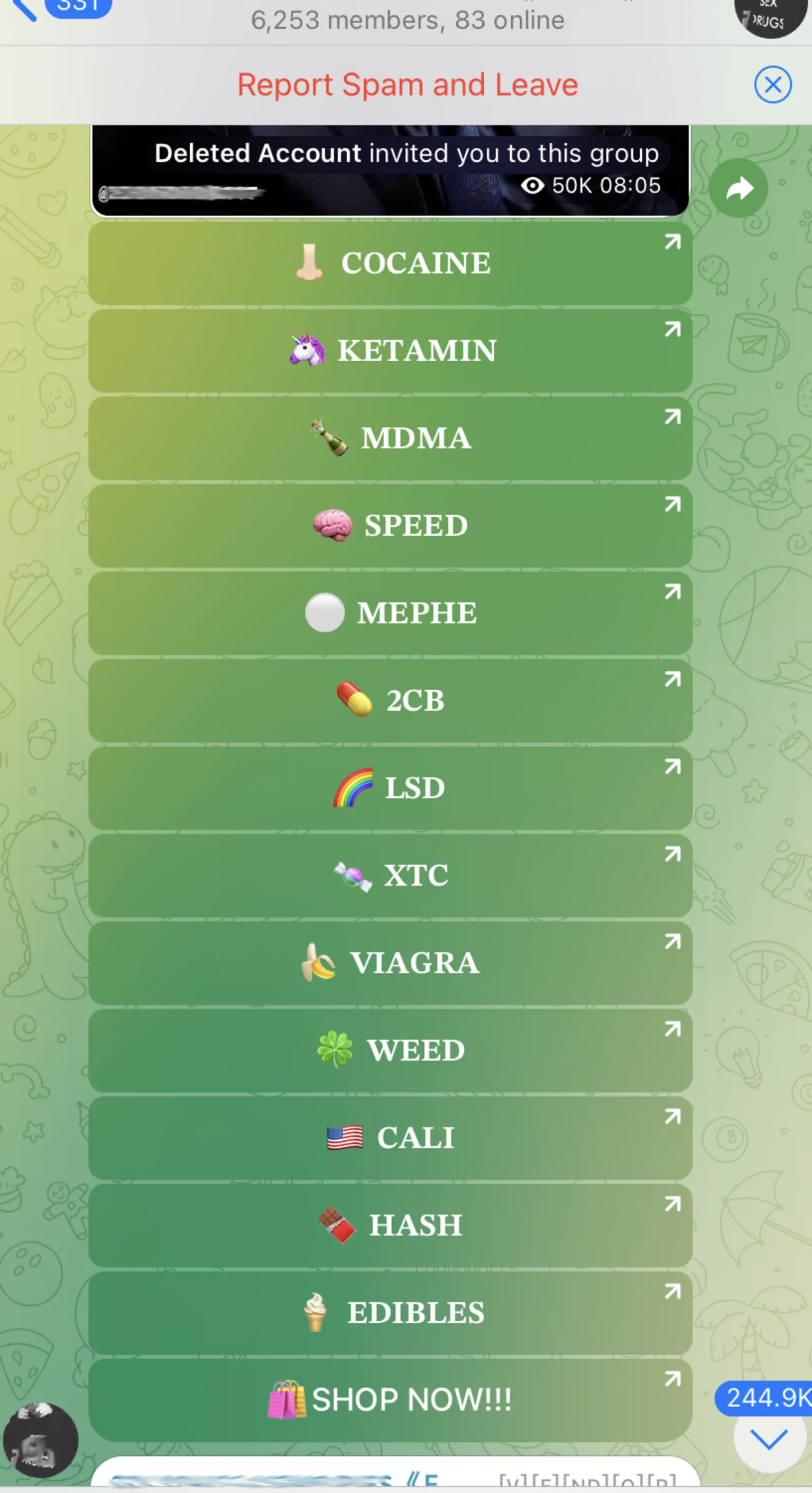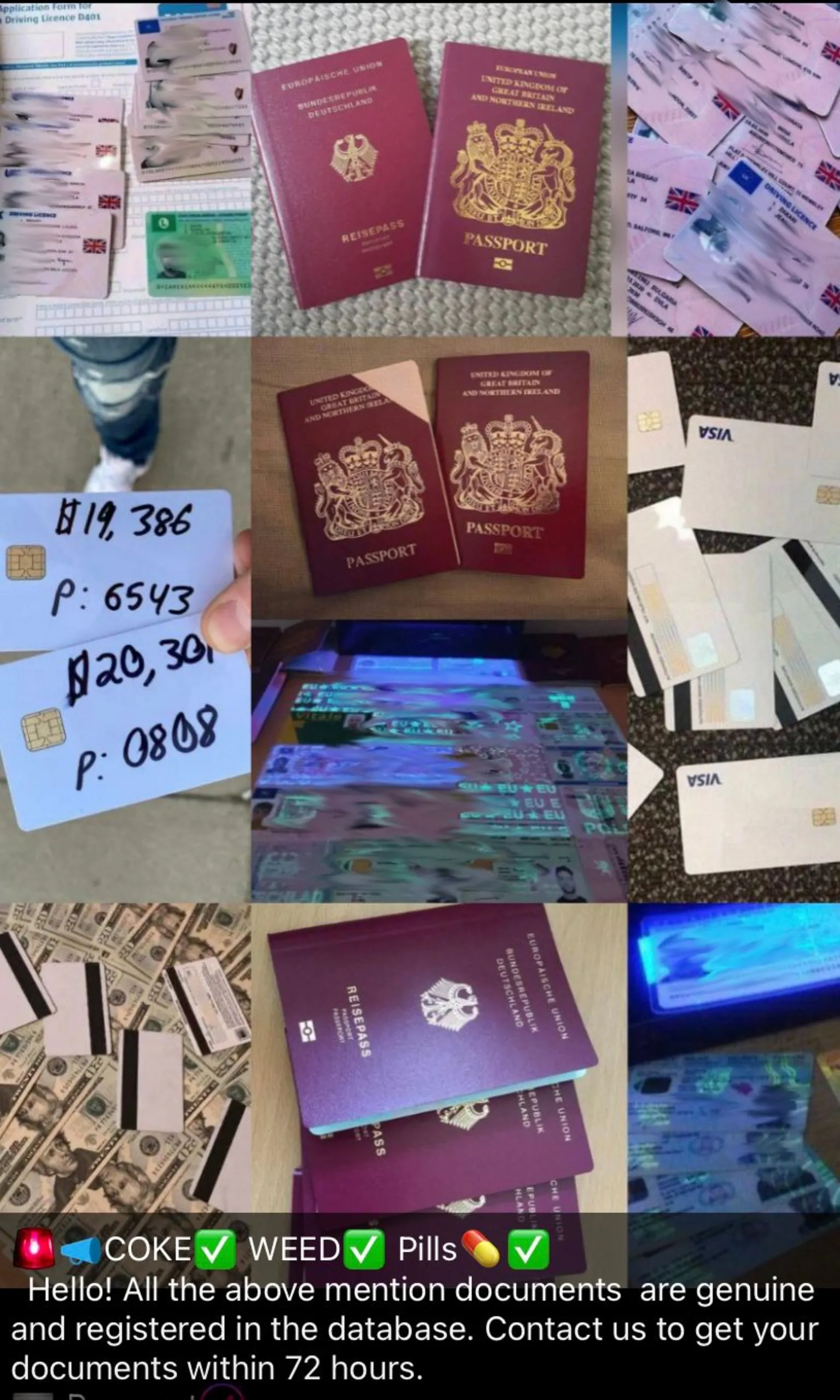“We won’t let bad actors jeopardise the integrity of our platform for almost a billion users,” Durov said. Durov released on €5 million bail, forbidden to leave France
The detainment of the murky messaging service’s founder in France shows online moguls can no longer act with impunity

French judicial police were waiting for him. He was duly arrested and whisked away for interrogation. Four days later he was indicted on 12 charges, including alleged complicity in the distribution of child exploitation material and drug trafficking, barred from leaving France and placed under “judicial supervision”, which requires him to check in with the gendarmes twice a week until further notice.
When not engaged in these demanding activities, he has also found time to father more than 100 kids as a sperm donor and to rival Elon Musk as a free-speech extremist.
Given that, what’s puzzling is why there are so many bad actors on the platform. After all, rats generally abhor sunshine. But, as one critic puts it: “Telegram is the nearest we have to a popularised dark web. Nearly a billion mostly regular folk are rubbing shoulders with criminals, hackers, terrorists and child abusers. Despite the lack of technical security and privacy, the platform is a honeypot for those operating in the shadows.”
he first was the impunity apparently conferred on tech moguls by section 230 of the 1996 US Communications Decency Act, which liberated them from liability for what appeared on their platforms. The second concerned the discrepancy between local laws and a global technology that transcended frontiers.
Pavel Durov says feature – which has had issues with bots and scammers – will be replaced'While 99.999% of Telegram users have nothing to do with crime, the 0.001% involved in illicit activities create a bad image for the entire platform, putting the interests of our almost billion users at risk,' he said.
The app’s founder unveiled the changes on Friday hours after calling his arrest by the French authorities last month 'misguided', Durov has since been charged with allegedly allowing criminal activity on the app.


Telegram is approaching 1 billion users worldwide and is a key communication tool for political dissidents, gangsters and criminals — and on the battlefields of eastern Ukraine.
Putin said the French moves had a "selective character"."It was a meeting with entrepreneurs," Putin said on Thursday at the Eastern Economic Forum in Vladivostok. "We have not seen each other since then, we have never kept in touch."
Russia says France better come up with strong evidence against Telegram CEO

About nine months ago while researching a story, I found myself added to a large Telegram channel which was focused on selling drugs.I was then added to one about hacking and then one about stolen credit cards.
My Telegram app has become a one-stop shop for illegal goods, all without me actively searching for new sellers.
Child abuse material
Not doing enough to police child sexual abuse material (CSAM) is one of the chief allegations from French prosecutors.
Durov’s charges in France include 12 offences including "complicity in the organised gang distribution of images of minors of a child pornographic nature, drug trafficking, organised gang fraud" and refusal to cooperate with authorities regarding the information or documents required to carry out and operate the interceptions authorised by law.Musk’s social media platform X, beyond its ban in Brazil, faces increased scrutiny in the EU.
The potential collapse of Telegram – which by early 2023 handled up to 80% of Russia’s total messenger traffic – could have a far-reaching impact on Russian society.Since the start of Russia’s full-scale invasion in February 2022, Telegram has served both as a communication tool within the Russian army and as a platform for the Kremlin to convey its narrative of the war to ordinary Russians.
A poll in the UK this summer found that two-thirds of respondents agree that companies should be held responsible for hosting content that incites riots, with the same number of respondents feeling the sites are regulated too little. Calls by politicians and judges to suspend access to a range of social media sites after periods of disorder have become almost commonplace: in France last year, amid rioting in response to police violence; in the midst of riots in the French-Pacific territory of New Caledonia; and today in Brazil, where the government threatened to block X as part of a dispute over misinformation.